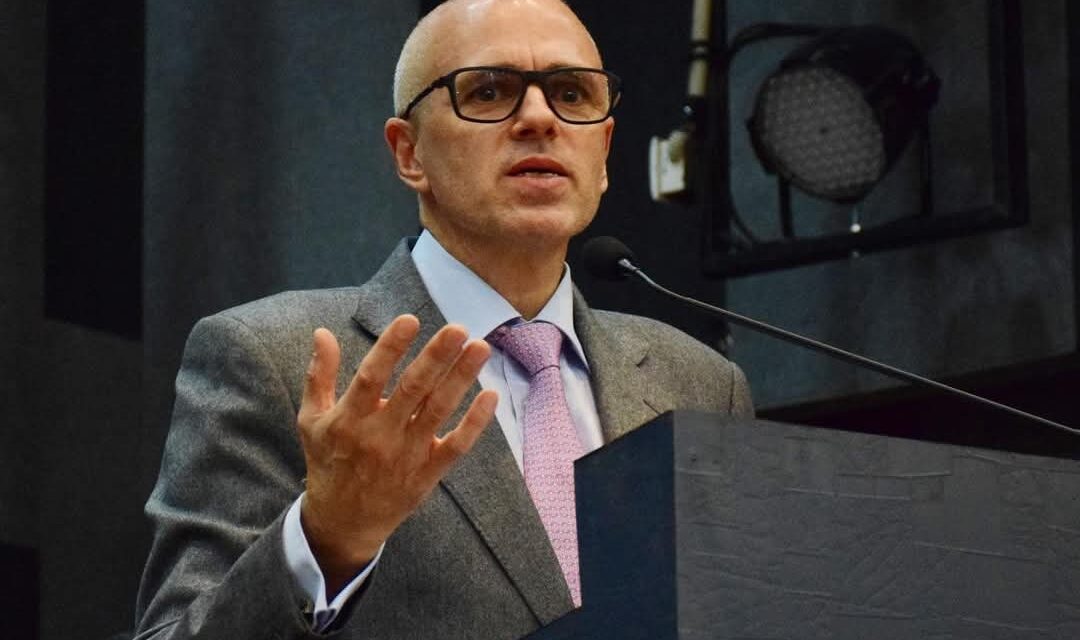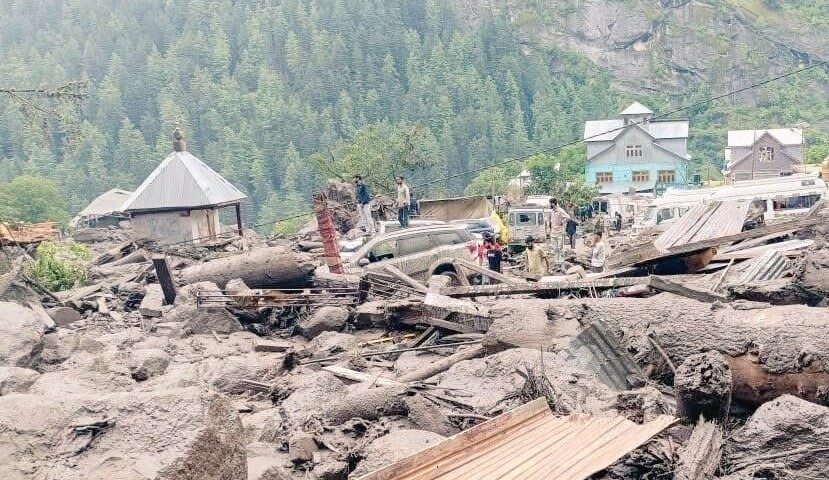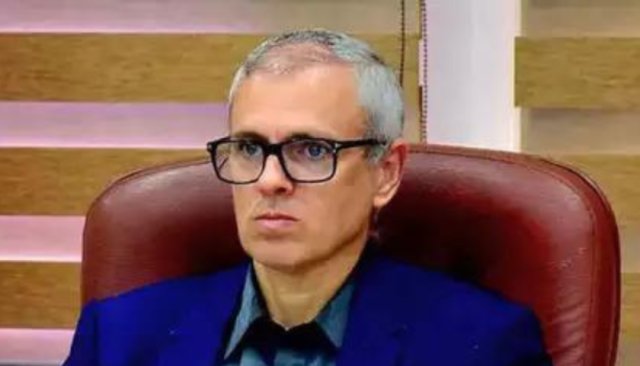BJP Counters J&K CM’s Remarks: A Debate on Governance in the Union Territory
The political landscape of Jammu and Kashmir has once again become the center of attention, as the BJP has strongly refuted recent remarks made by J&K Chief Minister Omar Abdullah. The CM described the governance model in the Union Territory as the “worst form” of administration, sparking a heated exchange of words and ideologies between the ruling party and the opposition.
The Controversial Statement
During a public address, Omar Abdullah criticized the governance structure in Jammu and Kashmir, particularly targeting the Union Territory model. He argued that the absence of a fully empowered state government has led to inefficiencies, lack of accountability, and a disconnect between the administration and the people. Abdullah’s remarks were aimed at highlighting what he perceives as the shortcomings of the current system, which he believes fails to address the aspirations of the region’s residents.
BJP’s Strong Rebuttal
In response, BJP leader Sunil Sharma dismissed Abdullah’s claims as baseless and politically motivated. Sharma emphasized that the Union Territory model has brought significant reforms to the region, including increased transparency, financial discipline, and the eradication of corruption that plagued previous administrations.
“The governance model in J&K today is far more efficient and people-centric than it ever was under the National Conference’s rule. The current system has ensured that funds are utilized effectively, and developmental projects are completed without unnecessary delays,” Sharma stated. He also pointed out that the BJP remains committed to restoring statehood to J&K, but only after ensuring that the region is on a stable and progressive path.
Achievements Highlighted by BJP
The BJP has consistently highlighted several achievements under the Union Territory model, including:
- Infrastructure Development: Significant investments in roadways, healthcare, and education have been made, with projects being completed at an unprecedented pace.
- Corruption-Free Governance: The introduction of digital platforms for public services has minimized opportunities for corruption and increased transparency.
- Empowerment of Panchayati Raj Institutions: Local governance bodies have been strengthened, giving people at the grassroots level a greater voice in decision-making.
- Economic Growth: Initiatives to attract investment and boost tourism have started to yield positive results, contributing to the region’s economic revival.
Opposition’s Concerns
Despite these claims, the opposition remains critical of the current governance model. Omar Abdullah and other leaders from the National Conference argue that the Union Territory status has diluted the political and cultural identity of Jammu and Kashmir. They believe that the absence of a fully functional state government has left the region vulnerable to bureaucratic inefficiencies and a lack of accountability.
Congress leader Ghulam Ahmed Mir echoed similar sentiments, stating, “The people of J&K deserve a government that is directly accountable to them, not one that operates under the shadow of the central administration.”
The Path Forward
The debate over governance in Jammu and Kashmir is far from over. While the BJP defends the Union Territory model as a stepping stone toward stability and development, the opposition continues to push for the restoration of statehood and greater autonomy. The discourse reflects the broader challenges of balancing development with the aspirations of the people in a region with a unique history and identity.
As the political tug-of-war continues, the people of Jammu and Kashmir remain hopeful for a future that combines effective governance with the preservation of their cultural and political heritage.




